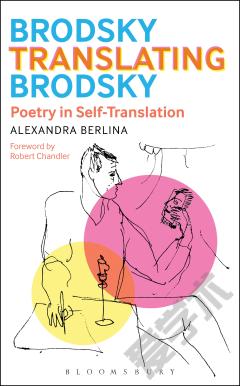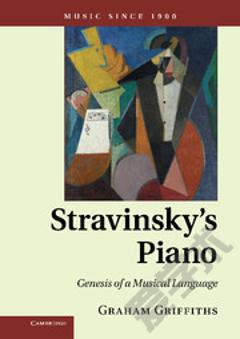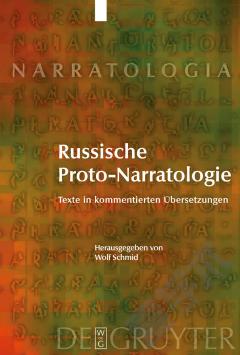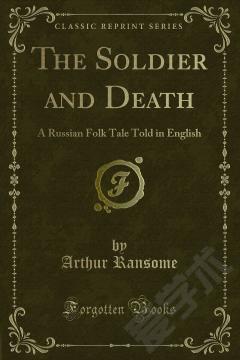English Rhythms In Russian Verse: On The Experiment Of Joseph Brodsky
Readers of poetry make aesthetic judgements about verse. It is quite common to hear intuitive statements about poets' rhythms. It is said, for example, that Joseph Brodsky, the Russian poet and 1987 Nobel Prize laureate, "sounds English" when he writes in Russian. Yet, it is far from clear what this statement means from a linguistic point of view. What is English about Brodsky's Russian poetry? And in what way are his "English" rhythms different from the verse of his Russian predecessors? The book provides an analysis of Brodsky's experiment bringing evidence from an unusually wide variety of disciplines and theories rarely combined in a single study, including the generative approach to meter; the Russian quantitative approach, analysis of readers' intuitions about poetic rhythm, analysis of the poet's source readings, as well as acoustic phonetics, statistics, and archival research.
{{comment.content}}








 京公网安备 11010802027623号
京公网安备 11010802027623号